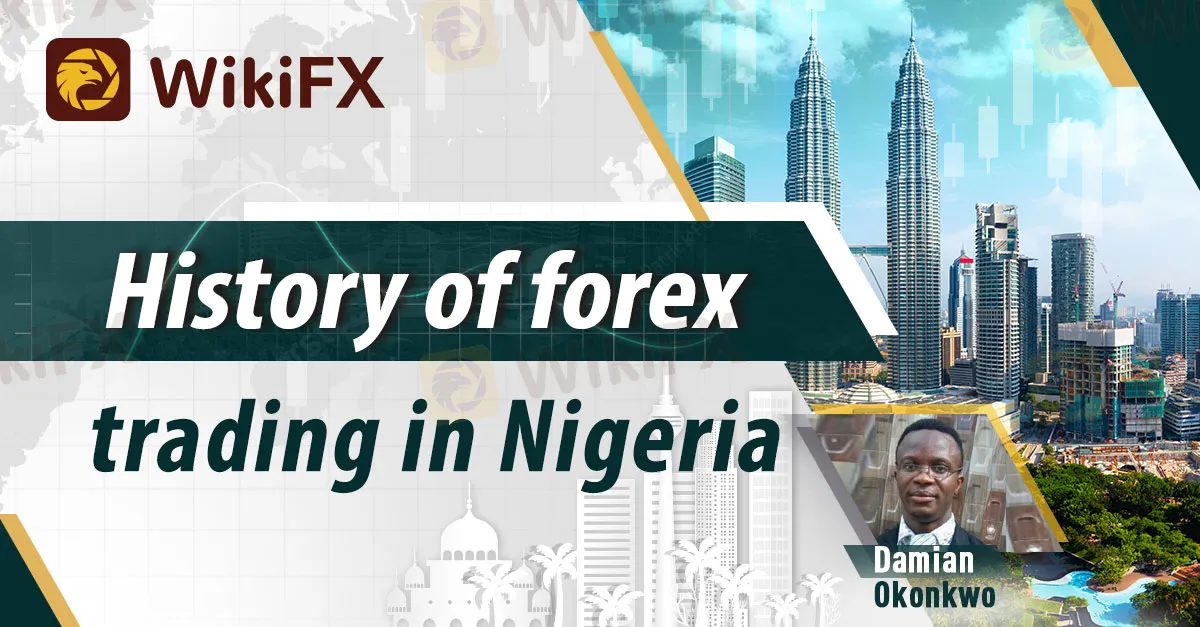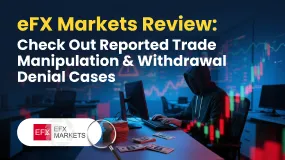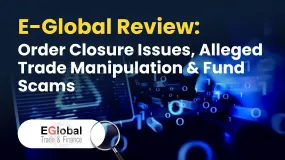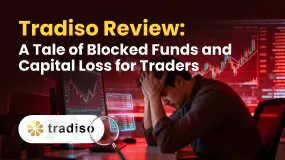Abstract:Forex trading is relatively new in Nigeria. The history of forex trading in Nigeria can be traced back to the 1980s, when the government introduced the Structural Adjustment Program (SAP).

By: Damian Okonkwo

What is forex trading?
Forex trading, also known as foreign exchange trading, is the buying and selling of currencies to make a profit from the fluctuation in their values. In Nigeria, forex trading has become increasingly popular over the years, with a growing number of individuals and businesses engaging in the practice. However, the history of forex trading in Nigeria is relatively short, and it is important to understand how it all began.
History of forex trading in Nigeria
The history of forex trading in Nigeria can be traced back to the 1980s, when the government introduced the Structural Adjustment Program (SAP). The SAP was a set of economic policies aimed at addressing the economic challenges facing the country at the time, including inflation, the balance of payment deficits, and a rapidly depreciating currency. One of the key measures introduced under the SAP was the liberalization of the foreign exchange market.
Before the SAP, the Nigerian government operated a fixed exchange rate regime, where the value of the naira was fixed against the U.S. dollar. However, the fixed exchange rate system had led to a shortage of foreign exchange, which made it difficult for businesses to import essential goods and services.
Under the liberalized exchange rate system, the naira was allowed to float against other currencies, which made it easier for businesses to access foreign exchange.
The liberalization of the foreign exchange market, therefore, paved the way for the emergence of forex trading in Nigeria.
Initially, forex trading was mostly limited to banks and other financial institutions, but over time, individuals and small businesses began to participate in the market. The growing popularity of forex trading was fueled by the increasing availability of online trading platforms, which made it easier for anyone with an internet connection to participate in the market.
However, the growth of forex trading in Nigeria has not been without challenges. One of the biggest challenges has been the issue of fraud and scams, with many individuals and businesses falling victim to unscrupulous traders and brokers. The Nigerian government has taken steps to address this issue, including the introduction of regulations to govern the activities of forex brokers and traders.
In 2016, the Central Bank of Nigeria (CBN) introduced a new forex policy aimed at stabilizing the naira and addressing the country's foreign exchange challenges. Under the new policy, the CBN restricted access to foreign exchange for certain goods and services, including some essential items like food and medicine. This move was criticized by some forex traders and businesses, who argued that it would negatively impact the economy.
Despite the challenges facing the forex market in Nigeria, it continues to grow, with a growing number of individuals and businesses participating in the market. The growth of forex trading in Nigeria has been driven by factors such as the availability of online trading platforms, the increasing ease of access to foreign exchange, and the potential for high profits.
Conclusion
The history of forex trading in Nigeria is relatively short, with the market emerging in the 1980s following the introduction of SAP. The liberalization of the foreign exchange market paved the way for the growth of forex trading in Nigeria, which has been fueled by the increasing availability of online trading platforms. While the market has faced challenges such as fraud and scams, the potential for high profits continues to attract individuals and businesses to participate in the market.











